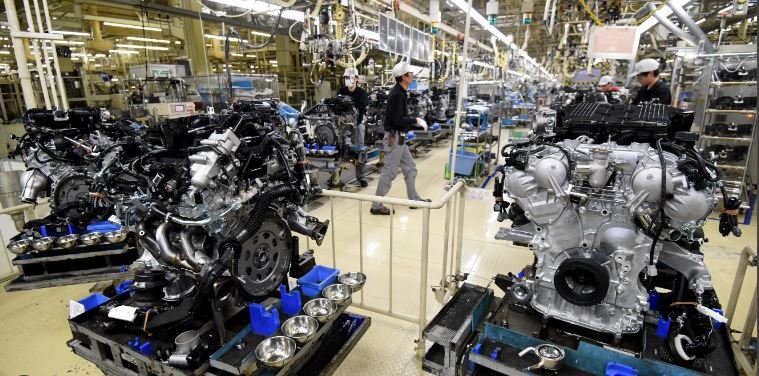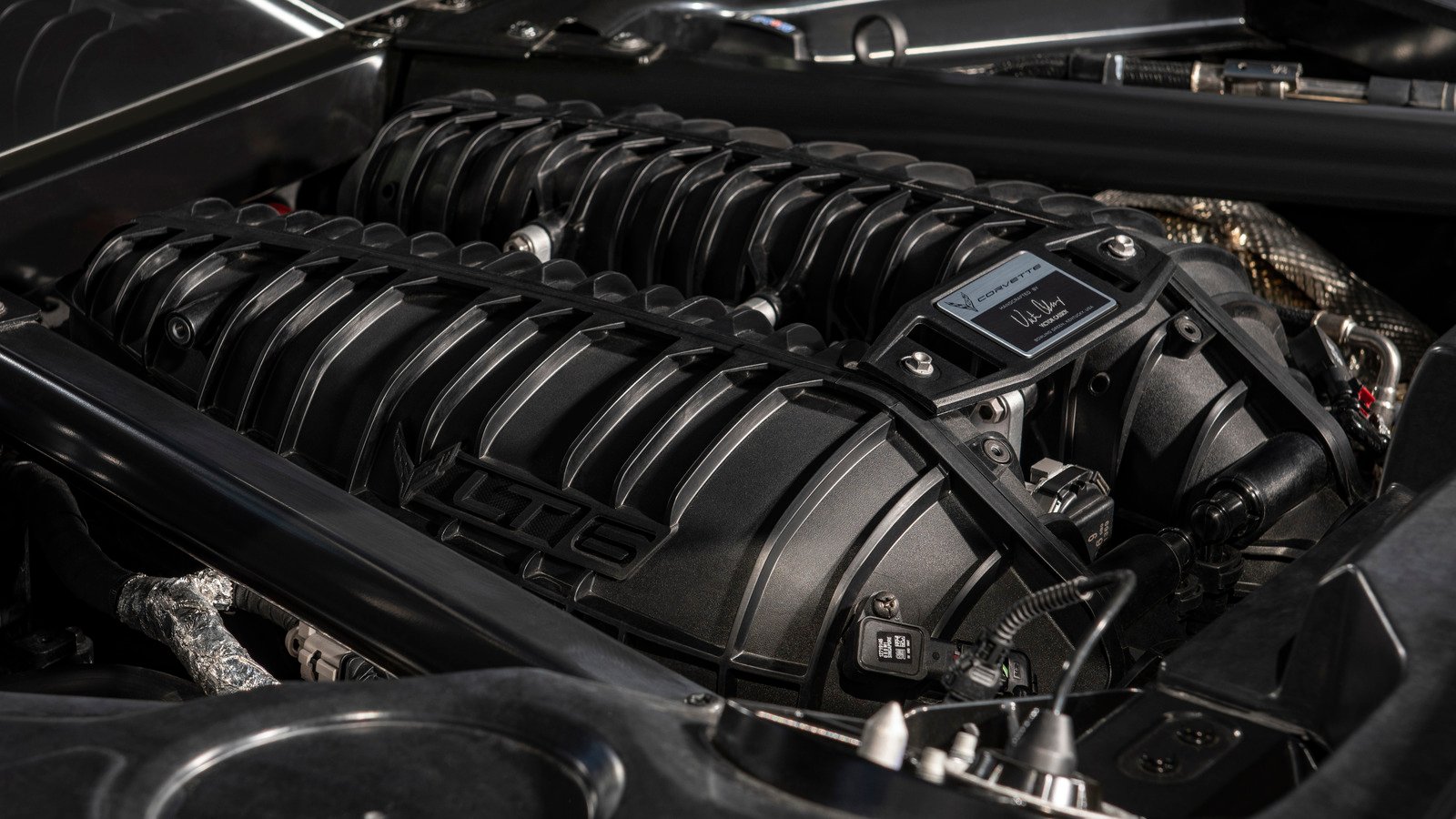The debate between electric vs gas engines intensifies as technology evolves and environmental concerns rise. Both engine types have their distinct advantages and challenges, influencing consumer choices and the automotive industry’s direction. This guide explores the key differences, benefits, and drawbacks of electric and gas engines.

Performance and Efficiency
Electric engines deliver instant torque, providing rapid acceleration and a smooth driving experience. Gas engines, while offering high horsepower, often require higher RPMs to achieve peak performance. Electric engines operate more efficiently, converting over 85% of energy from the battery to power the vehicle, whereas gas engines convert about 20-30% of fuel energy into motion.
Environmental Impact
Electric engines produce zero tailpipe emissions, significantly reducing air pollution and greenhouse gases. In contrast, gas engines emit carbon dioxide, nitrogen oxides, and other pollutants, contributing to climate change and air quality issues. However, the environmental benefits of electric engines depend on the electricity source, with renewable energy providing the greenest option.
Cost of Ownership
Electric vehicles (EVs) typically have lower operating costs due to cheaper electricity rates compared to gasoline prices. Maintenance costs are also lower for EVs, as they have fewer moving parts and do not require oil changes. Gas engines, however, benefit from a well-established fueling infrastructure and often lower upfront costs, making them initially more affordable.
Range and Refueling
Gas engines offer longer driving ranges and quicker refueling times compared to electric engines. A full tank of gas can provide hundreds of miles of range, and refueling takes just a few minutes. Electric engines, while improving in range, often require longer charging times, especially on standard home chargers. Fast-charging stations can mitigate this but are not as widespread as gas stations.
Infrastructure and Availability
Gasoline vehicles benefit from an extensive network of fueling stations, making long-distance travel convenient. Electric vehicles face challenges with charging infrastructure, particularly in rural or less-developed areas. However, the number of charging stations is rapidly increasing as governments and private companies invest in EV infrastructure.
Driving Experience
Electric engines offer a quieter and smoother driving experience due to fewer vibrations and the absence of engine noise. This makes for a more comfortable ride, especially in urban settings. Gas engines, on the other hand, provide the traditional driving feel with engine sounds that many enthusiasts prefer. The choice between the two often comes down to personal preference.
Energy Source and Sustainability
Electric engines run on electricity, which can be generated from various sources, including renewables like solar and wind. This versatility makes them more sustainable in the long term. Gas engines rely on fossil fuels, which are finite and contribute to environmental degradation through extraction and burning. The shift to electric engines supports the transition to sustainable energy.
Technological Advancements
Electric engines benefit from rapid technological advancements in battery technology, software, and autonomous driving features. These improvements enhance the efficiency, range, and functionality of EVs. Gas engines, while also advancing, face limitations in efficiency gains and are increasingly subject to stringent environmental regulations.
Market Trends and Future Outlook
The automotive market is gradually shifting towards electric engines due to regulatory pressures, consumer demand for sustainable options, and advancements in technology. Major automakers are investing heavily in EV development and committing to phasing out gas engines in the coming decades. Gas engines will likely remain relevant for specific applications and regions but face a declining market share.
Conclusion
The choice between electric and gas engines depends on various factors, including performance preferences, environmental considerations, and infrastructure availability. Electric engines offer significant advantages in efficiency, environmental impact, and cost of ownership, while gas engines provide established infrastructure and traditional driving experiences. As technology and infrastructure continue to evolve, electric engines will likely become the dominant force in the automotive industry, driving the transition towards a more sustainable future.




